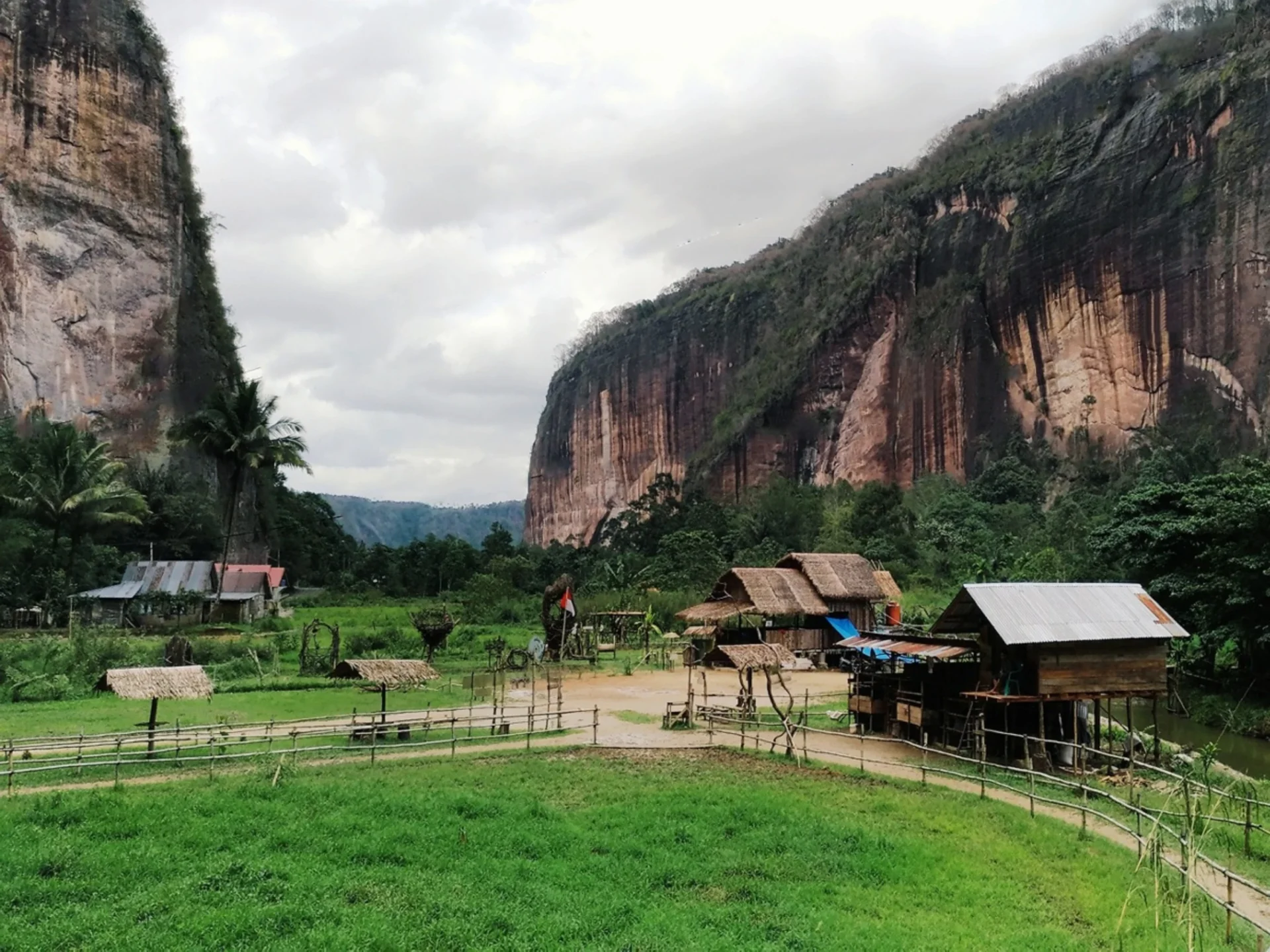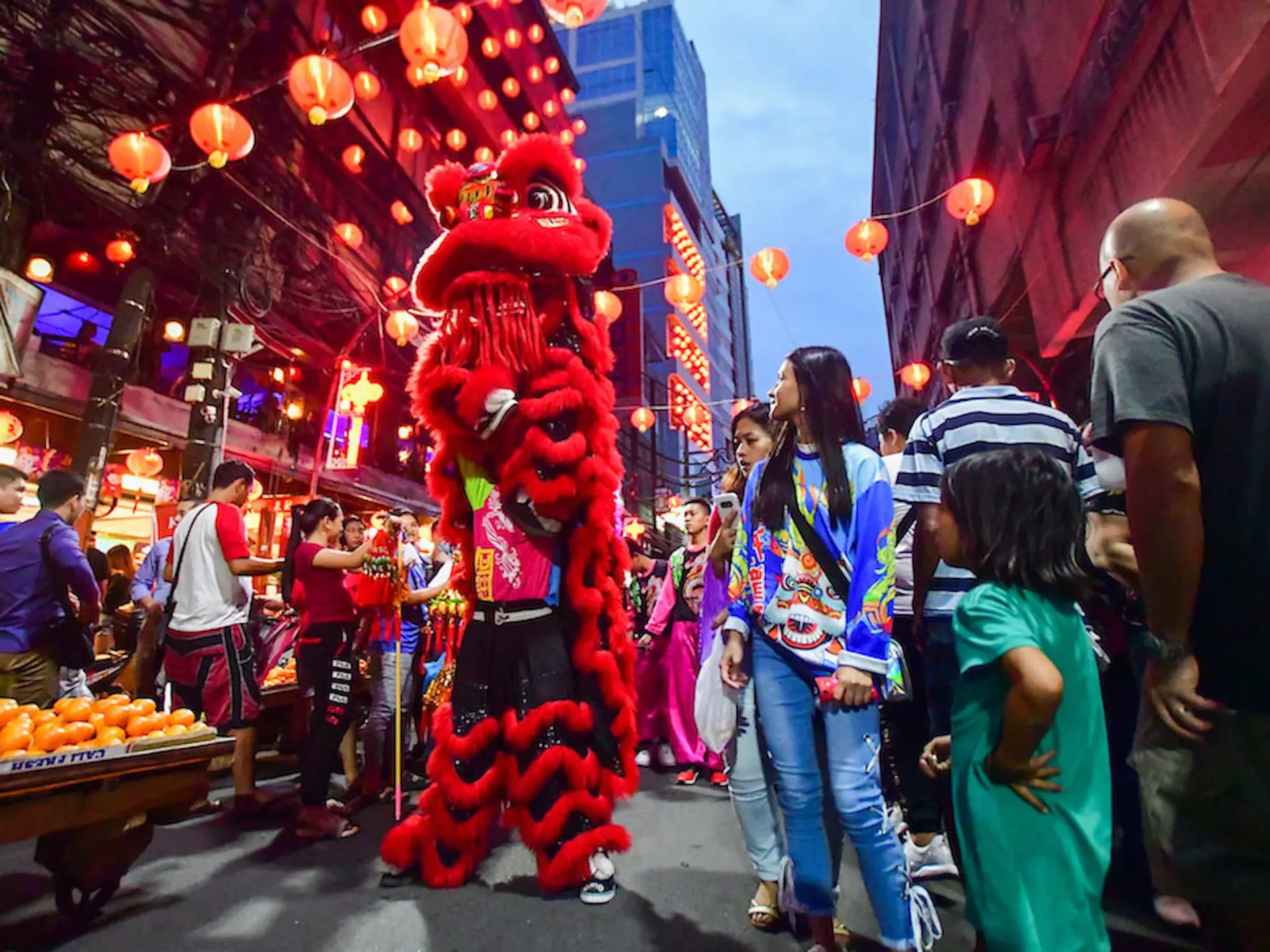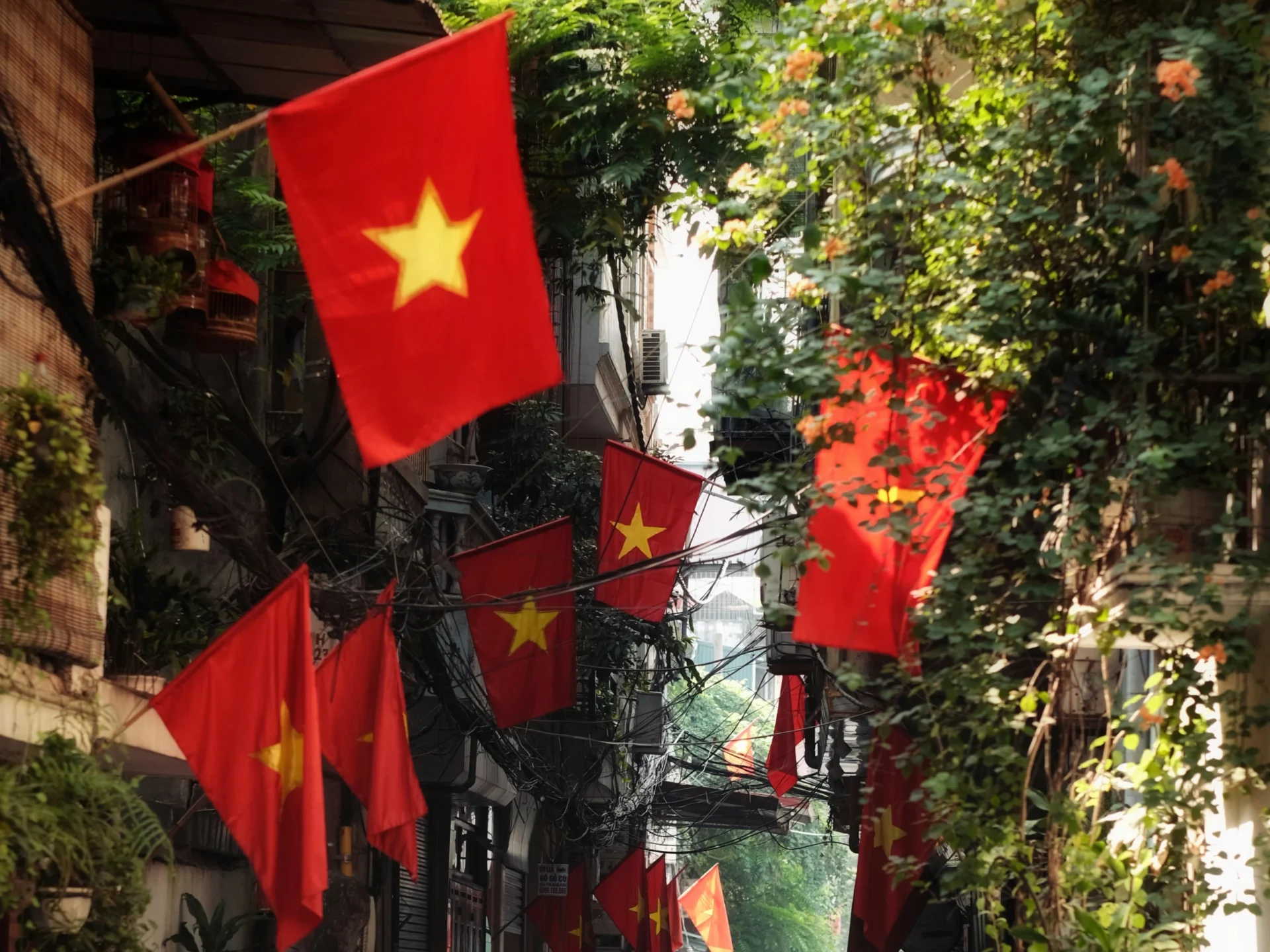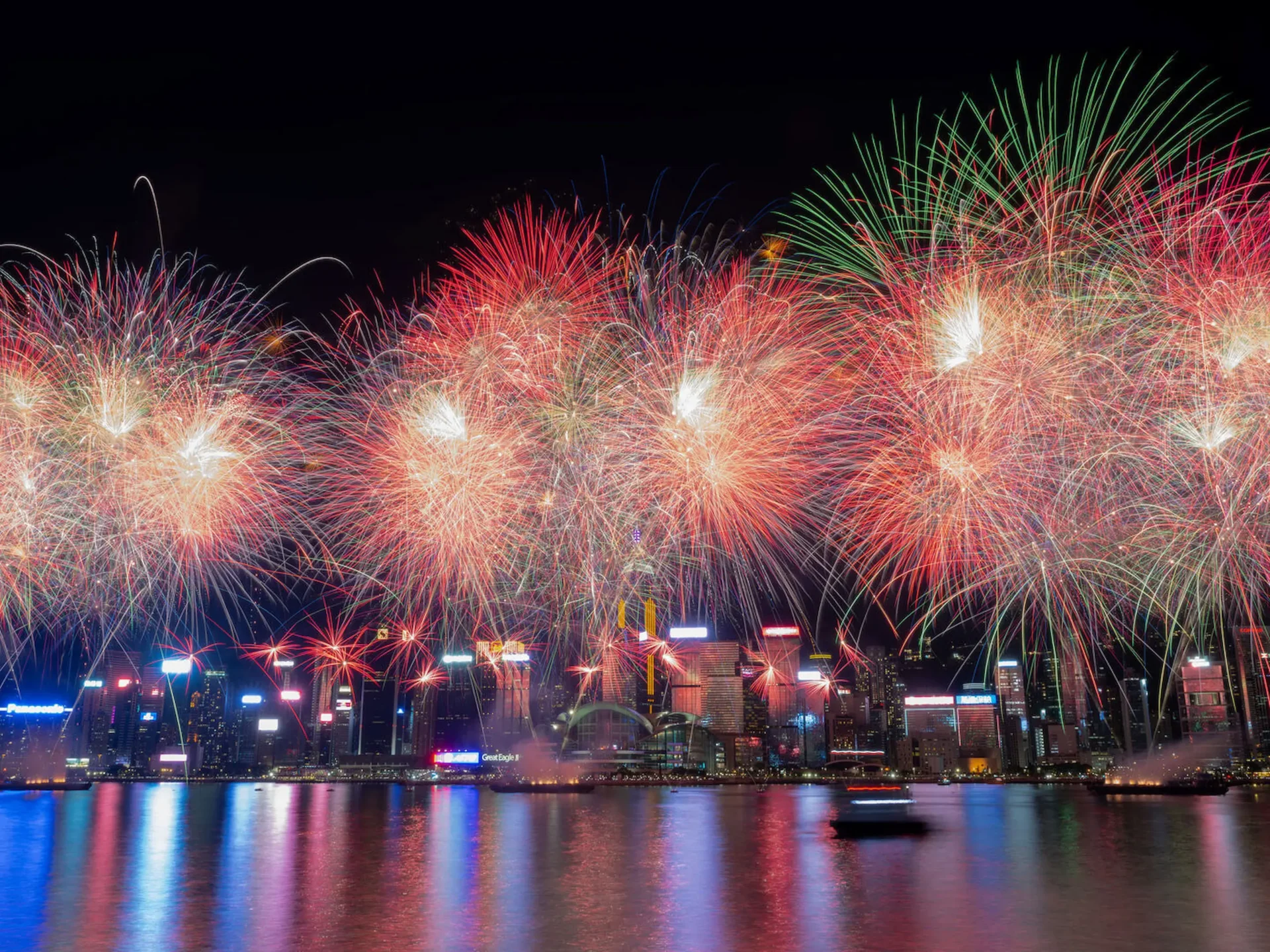Songkran is More Than Just a Big Water Fight
While Thailand’s New Year is famous for getting wet and wild, Songkran’s fast becoming the Southeast Asian country’s ticket to making a bigger splash in the world
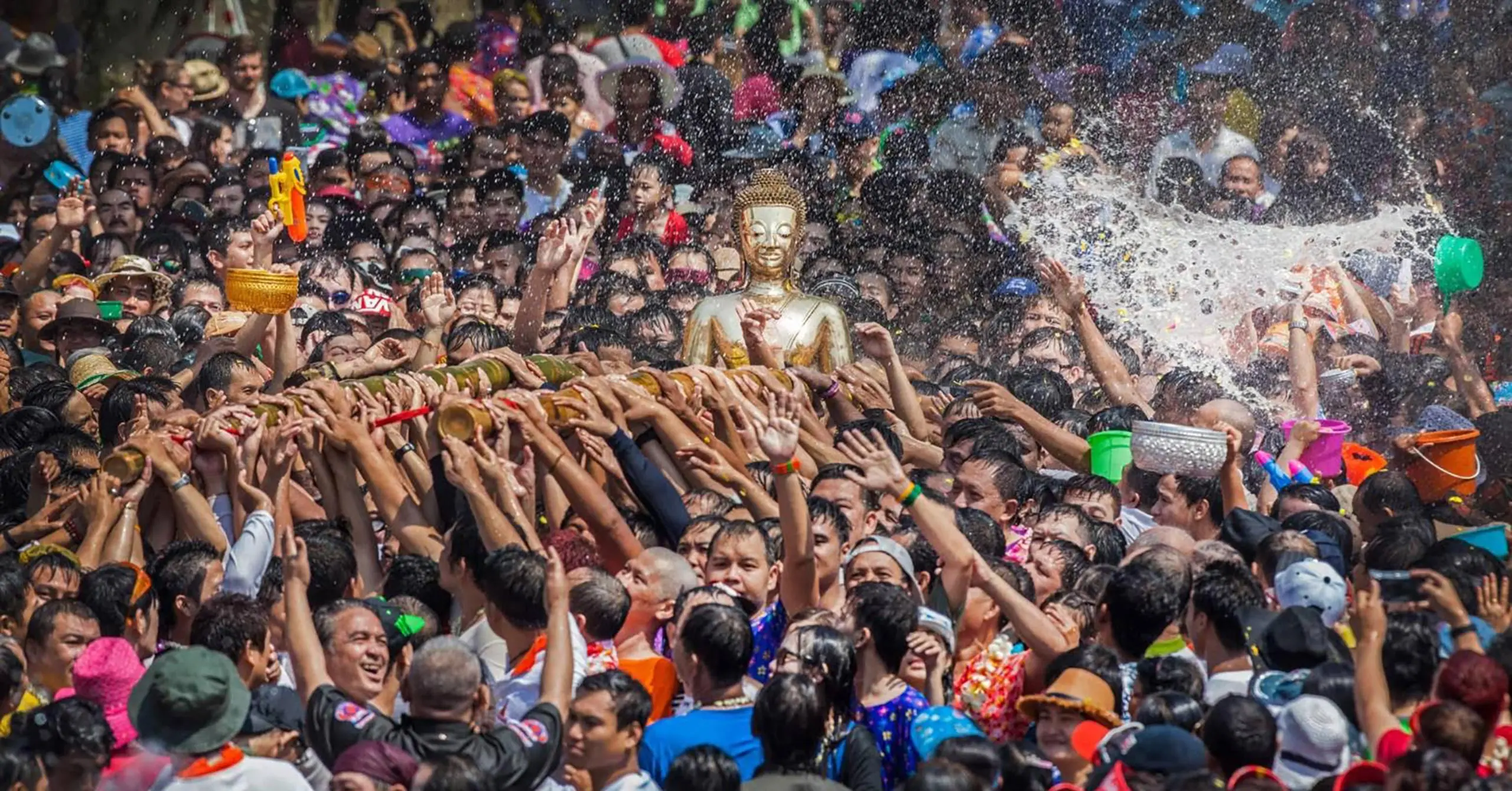
A splashing situation
Water guns and soaked bodies probably come to mind first when Songkran gets mentioned.
While it’s not inaccurate to think of the festivities as merely a splashing affair—one that draws millions of tourists from around the world—there’s more to Songkran than being a wet and wild party. Though admittedly, that’s one of its best parts.
By definition, ‘songkran’ describes the monthly movement of the sun in the zodiac. Derived from ancient Sanskrit, the word has been used by Thai people to describe the shift from Pisces to Aries, the first sign of the zodiac and the traditional start of the Thai New Year. That’s why the Southeast Asian country becomes a huge splash zone mid-April.
Symbolically, the act of pouring water over others (or important Buddha statues) is a cleansing ritual, as with many other Asian countries with their own water festivals, such as Laos, Myanmar, and Cambodia.
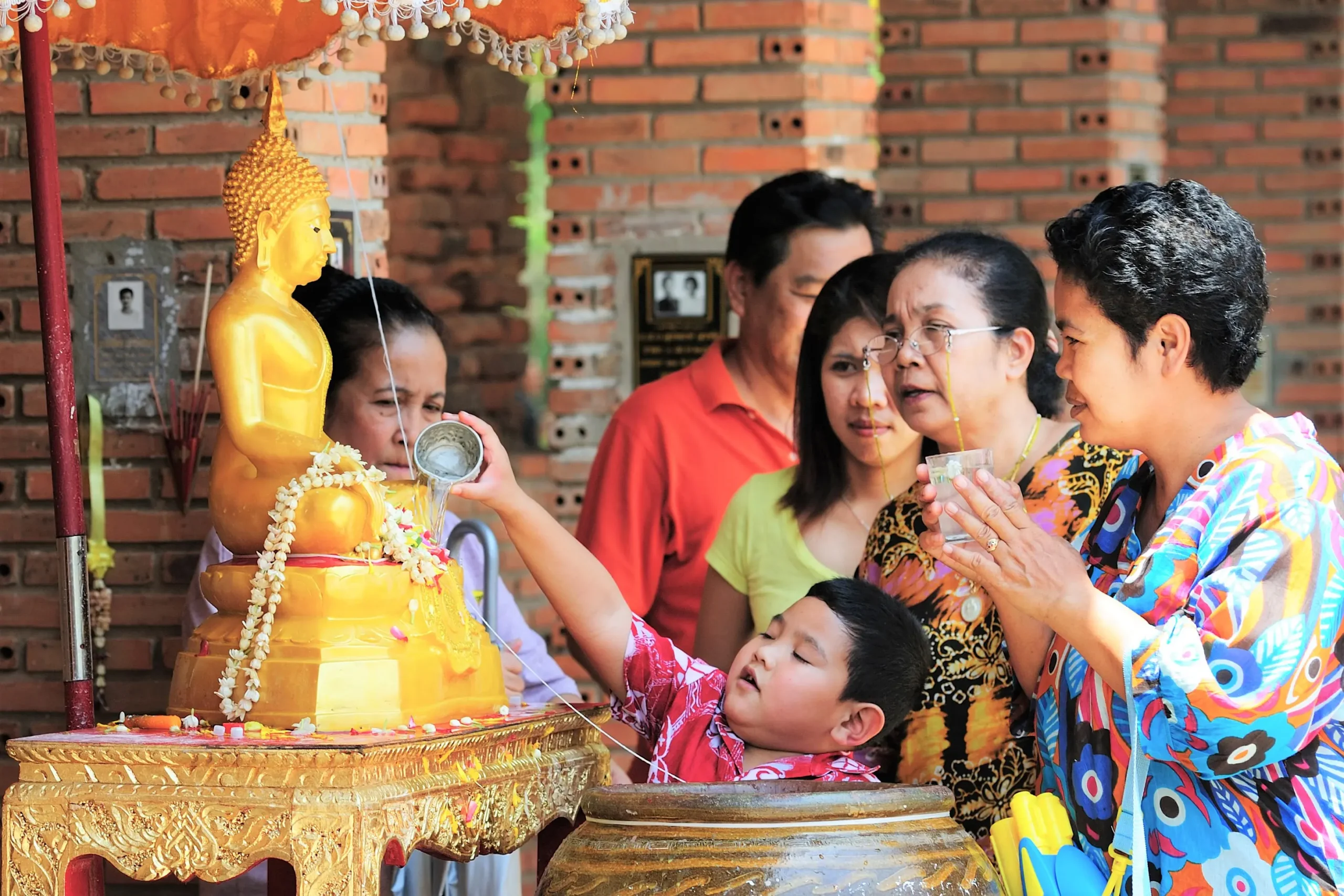
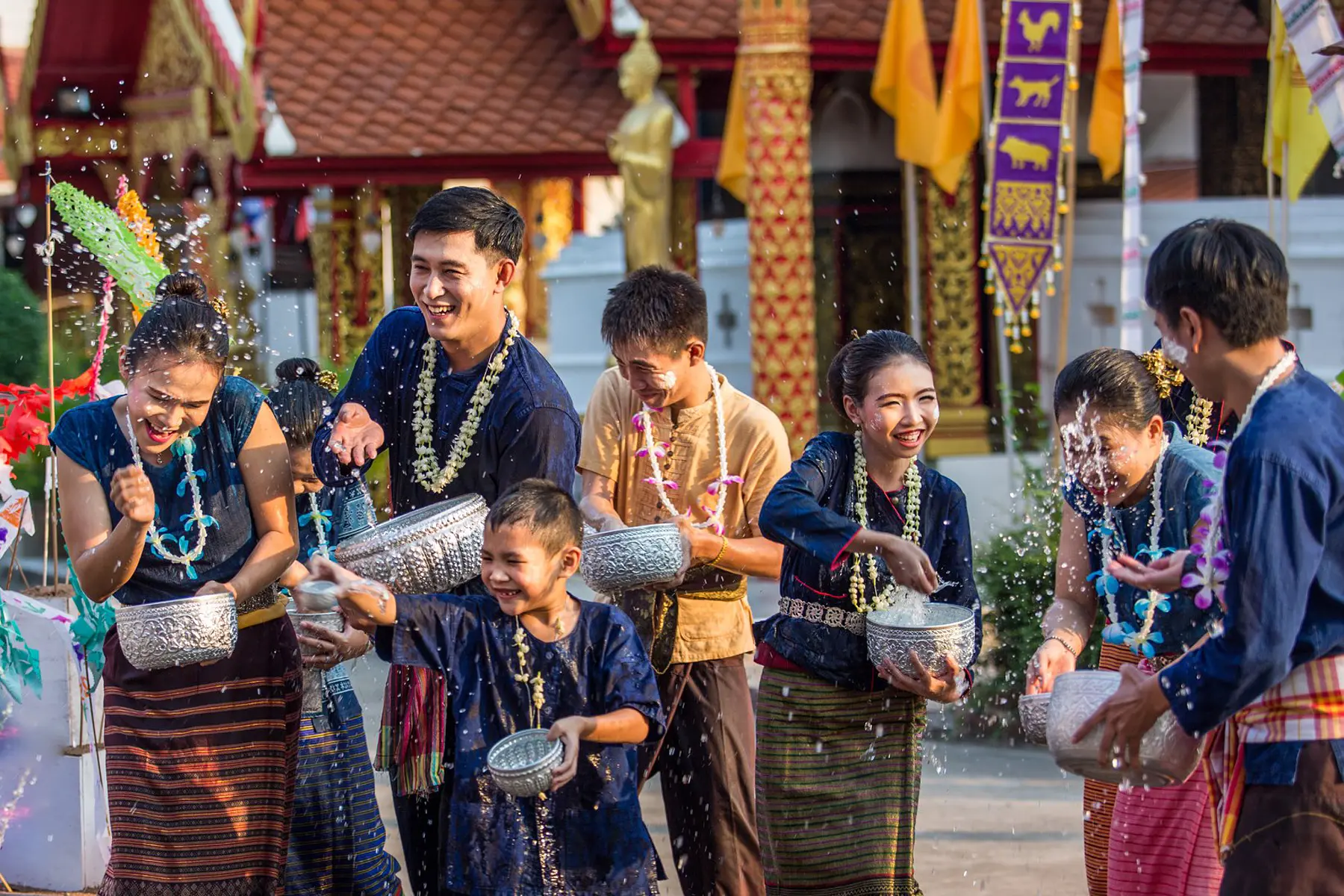
Alongside this practice, many Thai people return to their hometowns to pay respects to their ancestors, play games, and feast on traditional fare.
Serendipitously, Songkran happens at the height of summer in the region. Getting blessed while cooling off is a deal worth getting doused repeatedly.
Songkran power
But in Bangkok, where the world flocks to get wet on the capital city’s streets, it’s a wildly different story. Just this weekend, Thailand opened the Maha Songkran World Water Festival 2025, attended by Prime Minister Paetongtarn Shinawatra and executives from higher office, at the historic royal grounds of Sanam Luang.
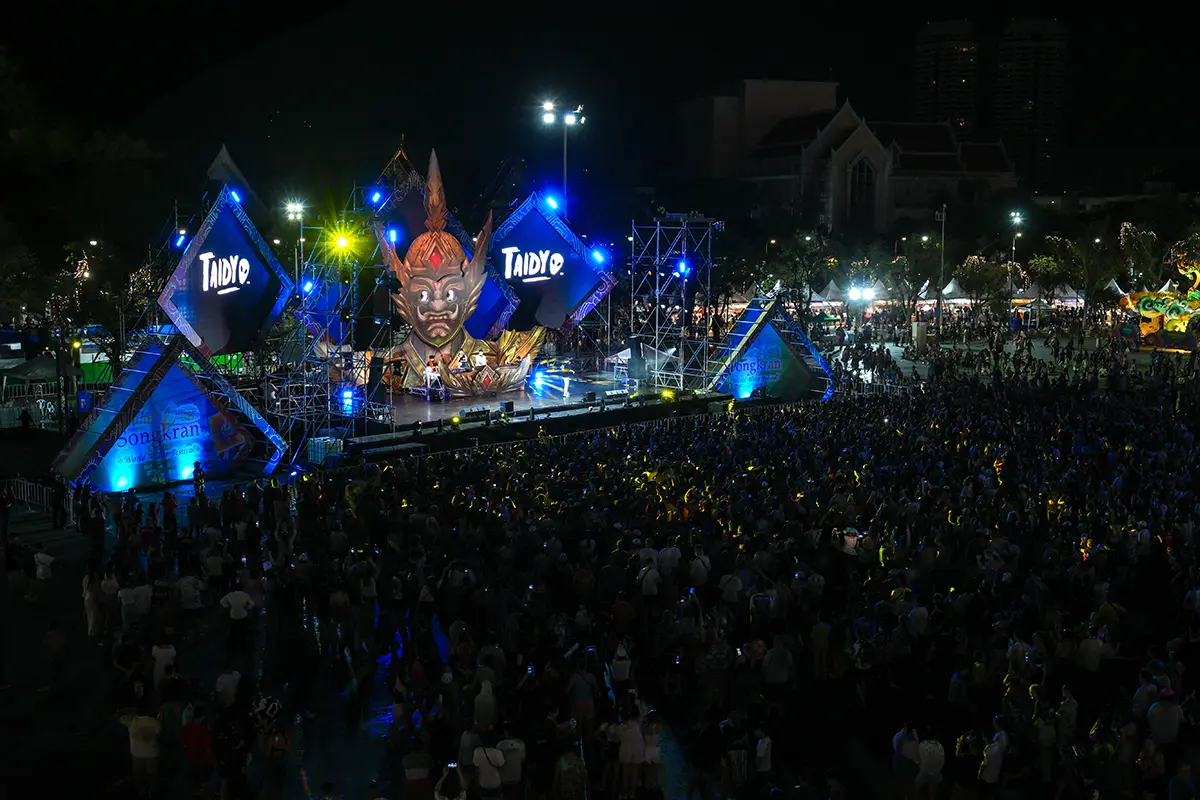
The festivities, which include a grand parade of floats; several fairs highlighting traditional Thai food, cultural attractions, and merchandise; Thai pop acts and cultural performances; and, of course, the aptly named ‘water play zone,’ are scheduled until the 15th of April—though various parties are expected to run across the country a few more days after.
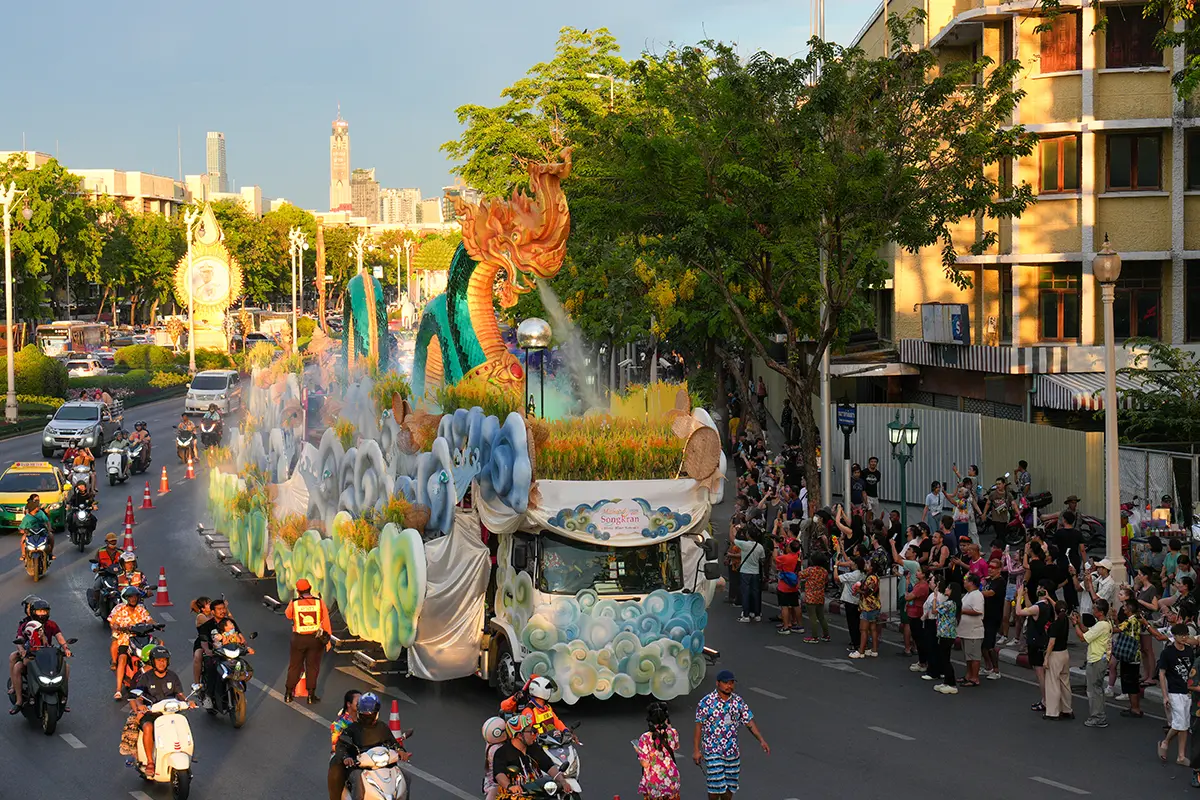
The grand scale of this year’s Songkran is not without reason. In 2023, the United Nations Educational, Scientific and Cultural Organization (UNESCO) certified the festival as part of humanity’s list of intangible cultural heritage, global practices that the organization describes as ‘essential component[s] and [repositories] of cultural diversity and of creative expression.’
No wonder, Songkran has gone beyond homecomings and wet street parties. This year, it’s the centerpiece of Thailand’s ambitious tourism initiative to become a premier festival and sporting destination.
Most notably, Sanam Luang—where Songkran is currently in full swing—will be the site of another historic event: the opening ceremony of the 33rd Southeast Asian Games, happening on the 9th of December 2025.
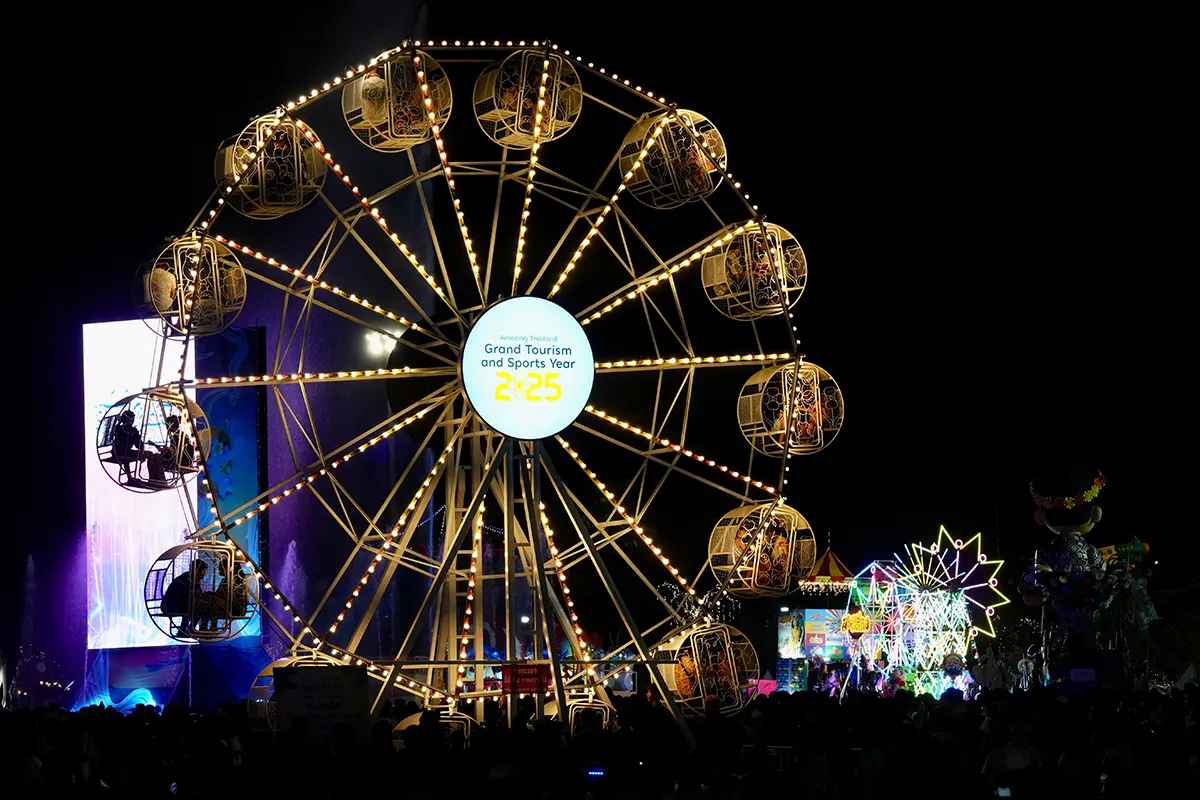
So, if you’re thinking of including Songkran in your travel itinerary next year, be warned: it’s only going to get bigger, wetter, and wilder than ever.
Banner photo courtesy Chirasak Tolertmongkol (for the Department of Cultural Promotion, Thailand)
Inside photos courtesy UNESCO and Tourism Authority of Thailand



